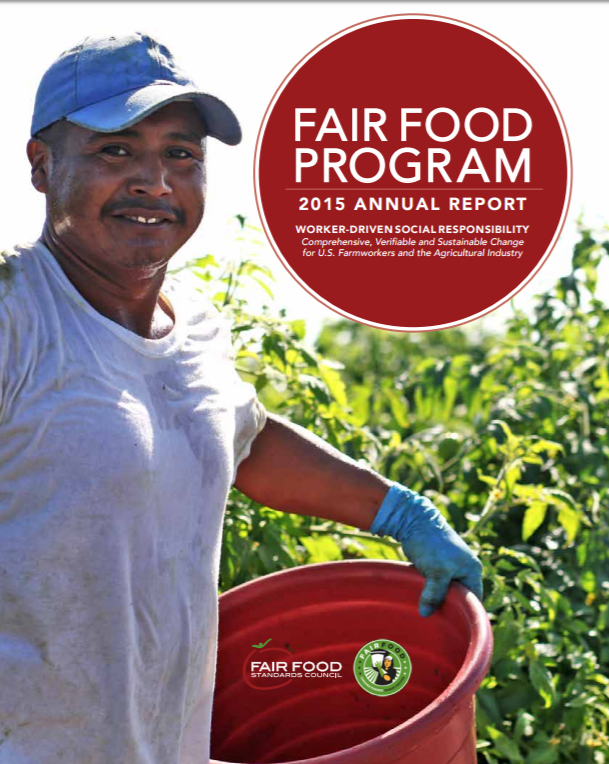No Worker Left Behind: Protecting Vulnerable Workers from Exploitation During and After the COVID-19 Pandemic
COVID-19 resourcesPublicationsThis briefing builds on the understanding that labour exploitation is part of a spectrum ranging from labour compliance through to labour law violations, culminating at extreme exploitation in the form of forced labour. Research by FLEX and others s...Read More

